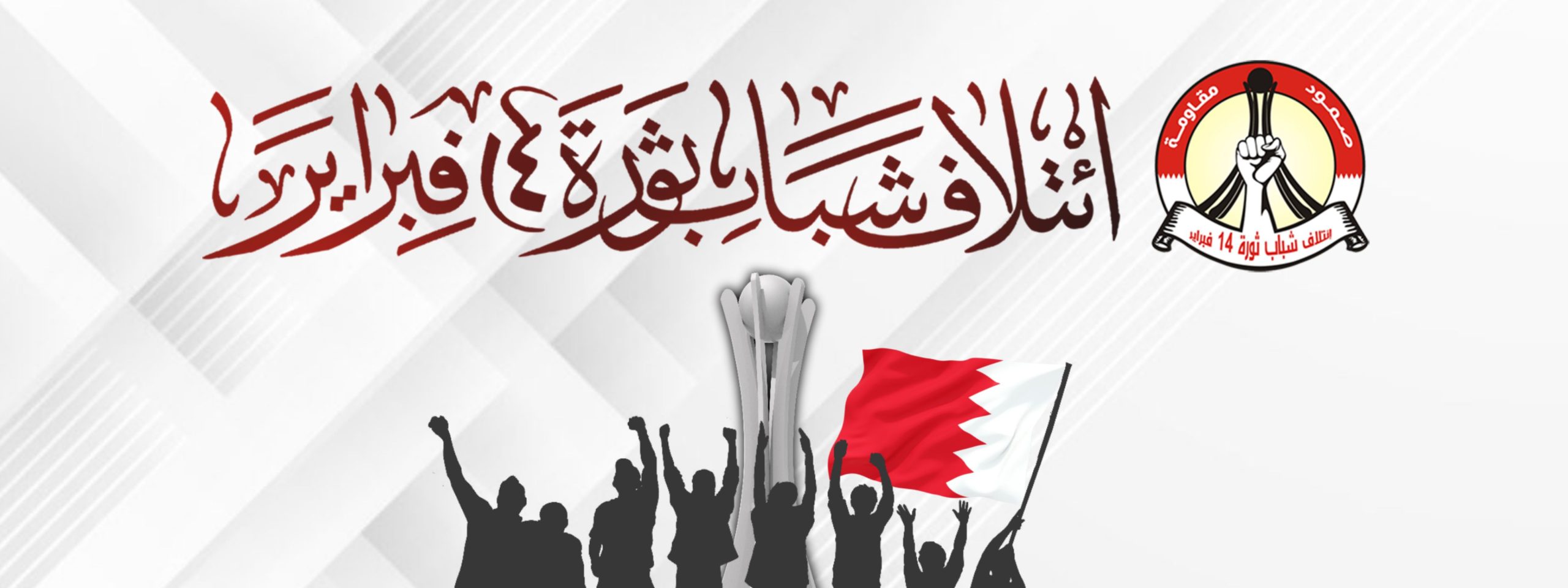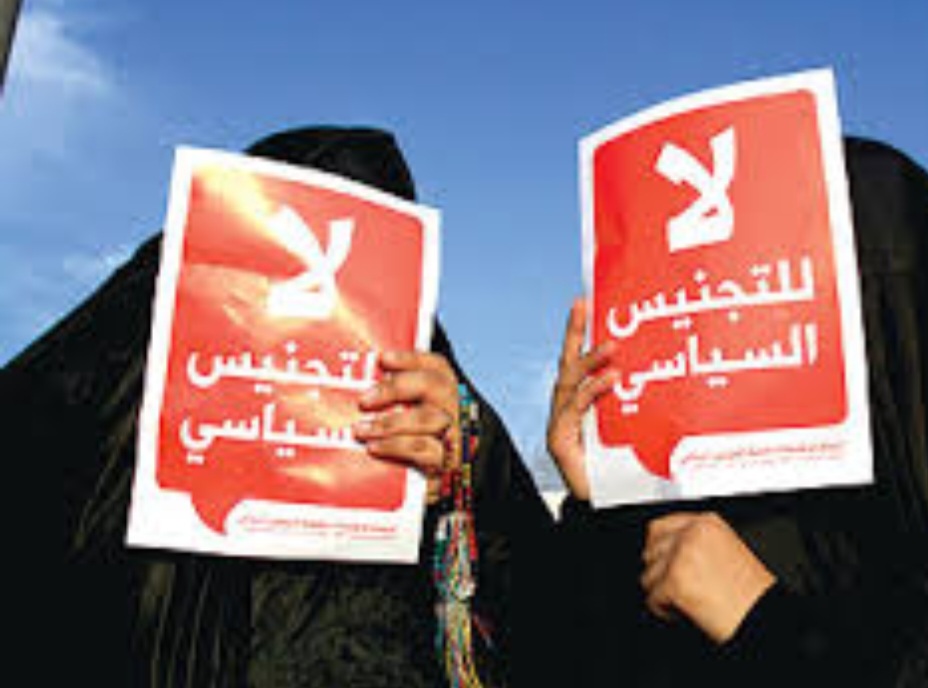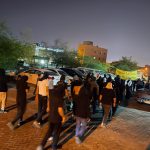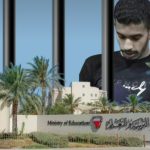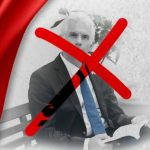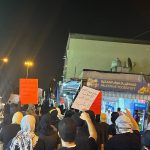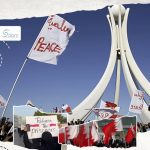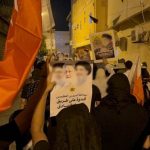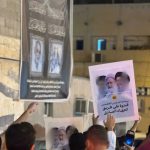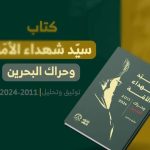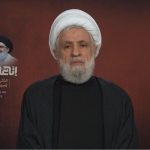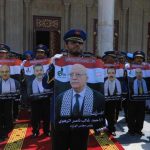Political Naturalization in Bahrain: The Khalifi Entity’s Weapon to Alter the People’s Identity and Seize Their Will
A Long History of Oppression
The Al Khalifa family entered Bahrain by force of arms, seizing the country in a bloody manner that laid the foundations of oppression and tyranny for decades. This occupation was not merely a change in authority; it marked the beginning of a brutal chain of crimes that included the displacement of the indigenous population from their villages and towns, the systematic plundering of natural resources, and the suppression of voices that demanded justice.
Bahrain has endured systematic policies aimed at achieving total control over the land and resources, where military power and tribal rule were exploited to crush any attempt at rebellion or demand for rights. The indigenous Bahraini people still remember the massacres that took place in various villages and areas, and the collective memory continues to record the acts of betrayal committed by the “authority” under the guise of national unity, while brazenly working to destroy all that is connected to Bahrain’s authentic identity.
Political Naturalization as a Tool for Demographic Change
Amid these manifestations of despotism, the issue of political naturalization emerges as one of the most dangerous modern crimes committed by the regime against the people of Bahrain. Since “Hamad Al Khalifa” assumed power, a deliberate plan was put in place to redraw the demographic composition of the country. This policy was not random but carefully designed to erase Bahrain’s authentic demographic identity, leading to the marginalization of indigenous Bahrainis in favor of foreigners who are naturalized indiscriminately and at an accelerated pace.
In Bahrain, naturalization does not simply mean adding new names to the population register; it is a political tool aimed at strengthening the authoritarian regime by creating a new social base that owes it blind loyalty and obedience. This policy has not only reduced the proportion of indigenous citizens, but has also deepened the national identity crisis, leaving Bahrainis feeling as though their homeland is being stolen from them by tyrants.
Crises Resulting from the Policy of Naturalization
The policy of political naturalization has had devastating consequences on all levels. It has caused deep economic crises, as unemployment rates among indigenous Bahrainis have risen due to the preference given to foreigners in jobs and opportunities. Serious social problems have also surfaced with the exacerbation of cultural clashes and the worsening relationship between citizens and the foreigners brought in by the regime.
On the security level, this policy has sown instability, with Bahrainis feeling like strangers in their own country. Moreover, the regime has forced the people to bear financial burdens, such as unfairly imposed taxes, while national wealth is directed to support foreigners who were naturalized to serve the regime.
Violation of Bahrainis’ Rights
The crimes did not stop at changing the demographic structure; the regime took even more brutal steps by revoking the citizenship of indigenous Bahrainis. These practices are a stark reminder that the regime controls the country through total deprivation of basic rights, including the right to identity. The revocation of citizenship, along with targeting dissenting voices and human rights organizations, is clear evidence that the regime has crossed every line in suppressing any attempt at resistance.
Bahrainis stripped of their citizenship feel they have no identity, no rights, and no future in the homeland where they have lived for generations. All claims of reform have been killed in their cradle, and every call for dialogue has been met with repression and escalation. This tragic reality reveals the true face of an authoritarian regime that thrives on injustice and oppression.
A Call for Liberation
The continued subjugation of the Bahraini people to oppression and tyranny is a stain on the conscience of humanity. They have the right to raise their voices and continue the revolutionary movement until the removal of the regime that has stolen their rights and entrenched injustice in the country. There is an urgent need to achieve the right to self-determination and rebuild a state founded on social justice and respect for rights and freedoms.
Revolution is not a choice, but a historical and moral necessity to restore the dignity of a people who have long suffered from oppression. The movement must be popular, unified, and tied to a clear goal: the overthrow of the regime and the rebuilding of a homeland worthy of its indigenous people — a homeland founded on justice and equality, free from tyranny and oppression.
The injustice and despotism endured by the Bahraini people cannot be met with silence. The past decades have proven that the regime is determined to erase Bahrain’s identity and replace it with an artificial one that serves its interests. Yet, the people of Bahrain have shown throughout history that they are unbreakable — a people who reject tyranny and fight for their dignity and the future of their generations. Revolution is the solution, and freedom is the goal. Bahrainis must continue on this path without retreat until justice is achieved and a free, independent homeland is rebuilt.







